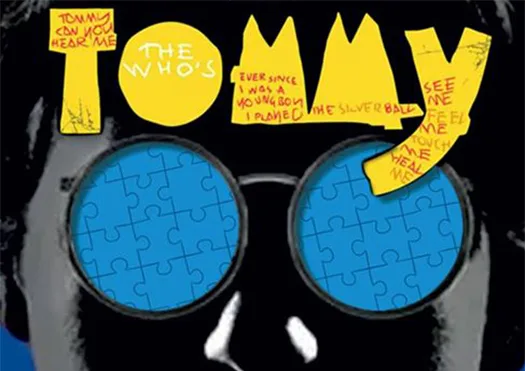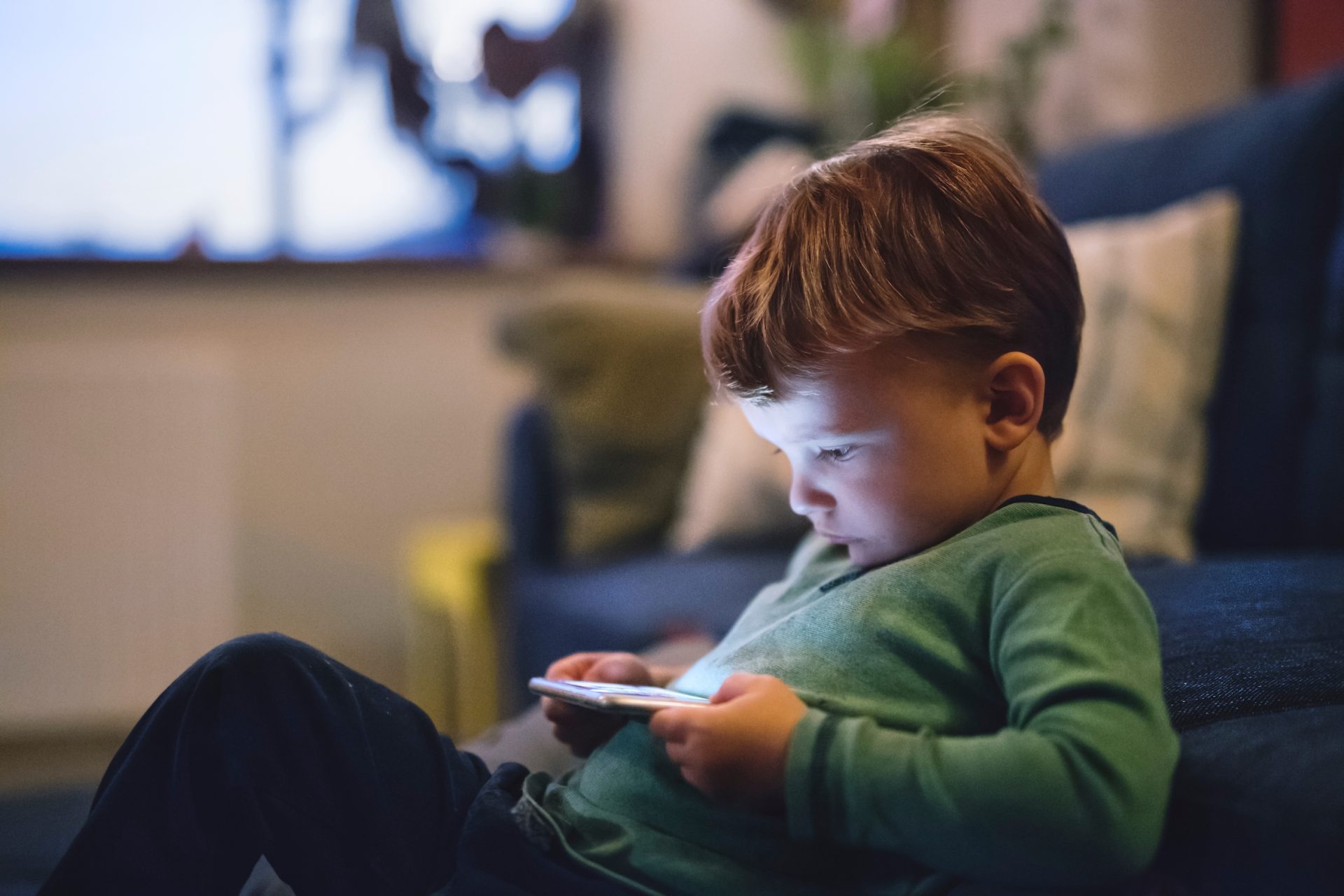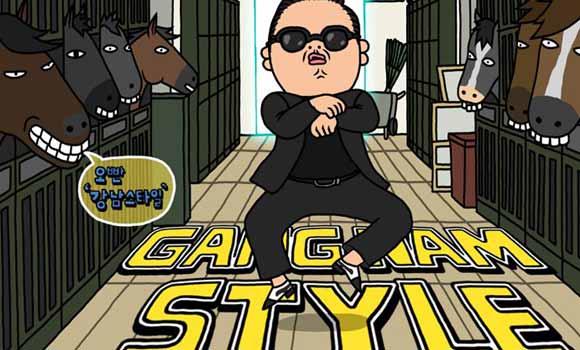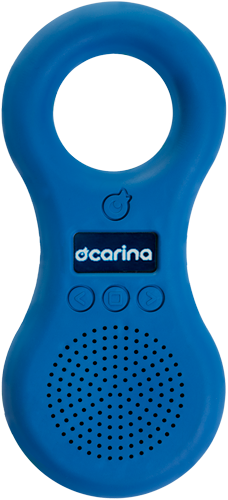Music has an interactive dimension that provokes pleasure and makes people meet and share emotions.
This is what Ettore Caterino, child neuropsychiatrist, musician, promoter of many educational projects that aim to encourage the processes of inclusion and learning of children with autism spectrum disorder, says. Dr. Caterino is responsible for the Autism Business Network of the Azienda USL Toscana sud – est with which Ocarina has activated a collaboration – as part of the project Ocarina (re)Player – providing a supply of refurbished Music Players for their educational and recreational activities.
Often the success of Music goes beyond borders and arouses emotions in people regardless of the context in which they are heard. This proves that Music is a universal language that can overcome barriers between individuals. This is also true in working with children with autism spectrum disorder: can music help them communicate and make it easier for them to form relationships with others?
Taking care of a child with autism also means taking care of the context in which he or she lives (family, school..), helping him or her to create interactions suited to his or her development. In our structures, we take charge of and support the entire ecosystem that revolves around children. In this work, Music becomes a fundamental element, a natural vector of communication that accompanies us from birth and that, if well cultivated, can help establish relationships at various levels. When a child with autism chooses a song or prefers one tonality over another, he or she already puts into action a communication that allows parents, teachers and peers to get closer, to understand his or her tastes and to understand what his or her brain selects, even in the case of children who do not speak.
Music thus becomes a humus of growth; as a modal system, without structural codes, it has an interactive dimension that provokes pleasure and brings people together. If we dance with someone, we imitate each other, we enter into a relationship. Similarly, if we dance or simply listen to music with autistic children, we have the opportunity to enter into a relationship with them, discovering that we share our emotions.
In addition to fostering relationships, can Music be a different learning methodology from those traditionally used?
Music marks relationships but also moments of the day, building meanings of time and space. It is important for the child to know that a certain music is played at school, different from what he will hear in the afternoon at home with his mother, and after dinner, before going to bed, with his father…In this way, music represents a form of learning time.
Listening to songs or audio stories also helps language development. In work with speech therapists and psychologists, children with autism often listen repeatedly to the same piece of music and then like to record themselves trying to sing it back to themselves. This allows them to be aware of their language and also increase language production.
One of your latest educational projects is the Musical “Tommy”, an idea curated by you and the Grosseto Iron Moms Parent Association. What is the goal of the project? Who participated in it?
“Tommy” is the first Rock Opera in history, made by the Who in 1969, which tells the life of a boy who, due to a family trauma, becomes blind, deaf and dumb. “See me, feel me, touch me, heal me!” so begs in the refrain of Roger Daltrey, the band’s frontman.Tommy in the course of his physical discomfort will travel with imagination and fantasy, creating a personal world parallel to the real one. Only when the boy will have completed his natural path made of lived experiences, in his own way he will succeed in becoming a champion in the game of pinball.
We chose to stage this Musical because it speaks of a story of redemption; our intent is in fact to enhance autism, not only as a disease, but also to highlight talents and skills, the possibility of inclusion in the real and artistic world.
The show was attended by 30 artists including musicians, parents and autistic children, a great satisfaction and a great result, proving that it is possible to overcome all barriers when the language becomes one common factor.








